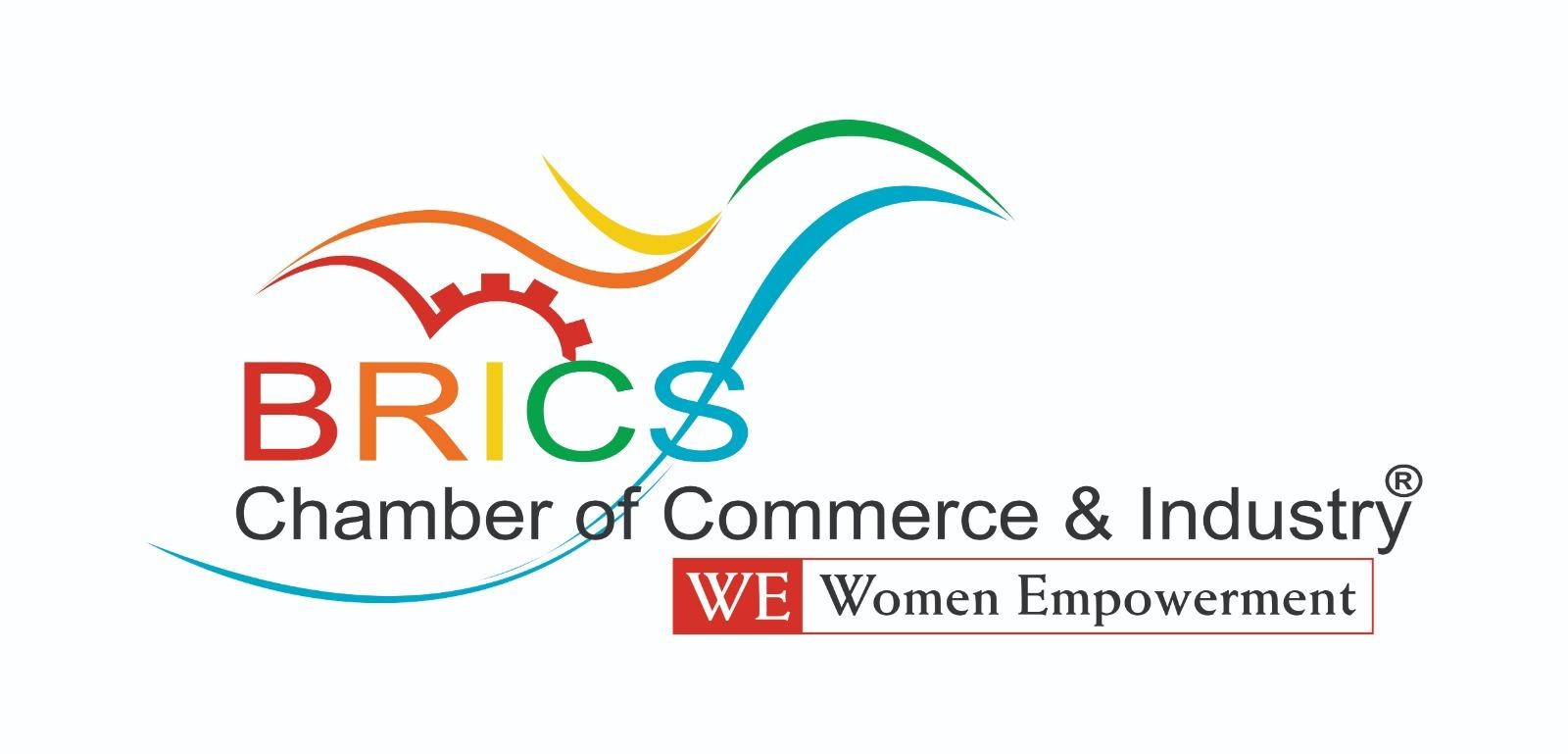[ad_1]
The startup culture has boomed substantially in India, owing to the impetus given by the government through various schemes such as Startup India Seed Fund Scheme, Stand Up India, and Mudra Yojana. India is a land of opportunities and there is wide scope in the Indian market, which is conducive to business growth, especially in the aftermath of the COVID-19 pandemic.
In this backdrop, it is critical for VCs to choose the right startups to invest in. They must make calculated and cautious decisions for investing. It is not just all about numbers or valuation; VCs must also gauge the sustainability and economic viability of the business to ensure the long-term success of the startups.
Of course, the phrase ‘success of a startup’ in recent times seems to be perplexing. A relevant example would be that of One 97 Communications, more popularly known as Paytm. It was commonly understood that the pinnacle of success for a startup would be reaching the IPO stage. However, this was not the case with Paytm, whose IPO was not a success due to over-valuation.
From a legal perspective, private equity and venture capitalist lawyers primarily seek to ensure the following legal protection for protecting the interest of VCs in any startup funding.
Here are the significant elements that VCs care about the most in startup funding.
Sound exit strategies
These include the rights of the investor to enable a smooth exit for the VCs in case of certain events—to ensure that VCs are not adversely affected by continuing their association with the startup in which they had invested. These include rights such as drag along, tag along, call option, put option, buyback, strategic sale, IPO, and sale to any third party.
Lock-in period of founders
Most businesses are built on the experience and expertise of the promoters/founders who are essentially the backbone of the startup. This ensures restriction on the founders from selling their shares for a certain number of years while also making sure that they stay committed to the business goals at least during the lock-in period.
Non-compete and non-solicit
The aforementioned is generally coupled with non-solicitation and non-compete clauses whereby post the lock-in period, the founders of the startup are restricted from soliciting the existing employees of the startup and prohibiting them from joining the competitors of the startup for a certain number of years. Although these clauses are restrictive, they are required to be reasonable in line with the market dynamics.
Share vesting
This right of the VC ensures that the founders do not get entitlement to their shares immediately but are subject to a vesting schedule with a cliff (varying from two to five years generally). These clauses also include the rights of the VC when the founder leaves the startup during the vesting period. These are generally covered in the good leaver and bad leaver provisions.
Incentive payment upon reaching milestones
Similar to ESOPs for employees of the startup, the founders can also be provided incentive payments upon reaching certain performance milestones based on the business plan of the startup. This will ensure the growth of the startup as well as increase the profits and return on investment of the VC’s funding.
Investing in different classes of shares
VCs generally tend to prefer investing in preference shares or any other similar class of shares whereas founders generally receive equity shares. Doing so will ensure the protection of the VC’s investment in terms of additional privileges, liquidation preference, voting rights, etc.
Board composition
Board composition is an important aspect that the VCs negotiate cautiously. Board decisions determine the direction in which the startup is heading as it decides every important business decision. VCs would prefer to have their representative on the board to limit any risk or liability to them.
VCs also prefer having a board observer to observe all board proceedings without having the voting right. This ensures adequate oversight by the VC in the startup.
VCs also negotiate board reserve matters whereby certain board decisions cannot be taken without the affirmative approval of the director nominated by the VC.
Anti-dilution
This is one of the most common and mandatory clauses that the VCs insist on during their negotiation with the founders. This right guarantees that the VC’s stake in the startup does not get diluted and they continue to maintain their shareholding percentage in the startup in case of any future round of funding or otherwise.
VCs can ensure the protection of the investment through the aforementioned legal safeguards in the funding of startups. These elements play a crucial role in funding negotiations by the VCs. Thus, in addition to business and commercial considerations, careful and tactful negotiations of their legal rights will go a long way in securing the investment risks of the VCs.
(Disclaimer: The views and opinions expressed in this article are those of the author and do not necessarily reflect the views of YourStory.)
[ad_2]
Source link








